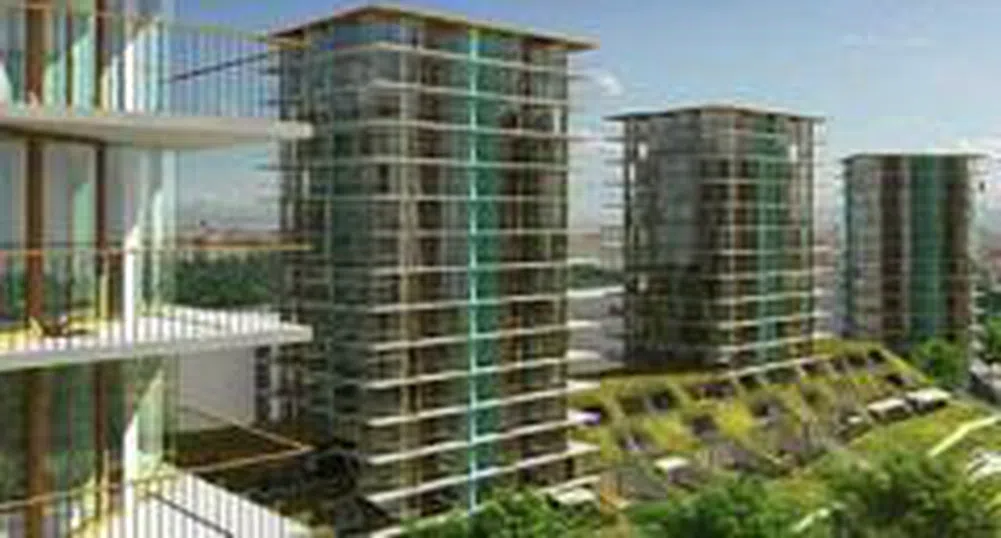The Prices of Flats in the Czech Republic have been Steeply Risingn

The prices of flats in the Czech Republic, primarily in the capital of Prague, have been steeply rising among others over a high demand from the generation of baby-boomers from the 1970s and more available mortgages as well as due to foreigners who speculate with flats, the daily Mlada fronta Dnes (MfD) writes today.
It adds that the prices of flats have increased by over 10 percentmainly in large towns since last year.
While an older 68-square-metre flat in Prague cost under two million crowns at the end of 2005, now it is about 500,000 more, the paper says.
Moreover, foreign investors buy flats above all in Prague, which contributes to the rising prices.
In the Prague Holesovice district close to the city centre, for instance, a Czech company has bought 27 flats for Irish investors. The company has selected suitable flats, offered them to foreign clients, helped them arrange mortgages and then leased the flats, MfD notes.
It writes that such an investment is advantageous with regard to the constantly rising prices of housing. Moreover, the Czech Republic has the lowest interest rate in Europe and all EU citizens have the right to take a bank loan in the country where they buy flats.
More and more companies that in the past leased luxurious flats to foreign managers working in Prague are now offering flats for sale to foreigners. It is simply "in" to buy a flat in Prague these day, MfD adds.
Nevertheless, most new flats are naturally bought by Czechs. People born in the 1970s are now looking for larger flats as they have children.
At present 250,000 people in the 10-million Czech Republic have a mortgage of 1.5 million crowns. Banks have also softened conditions for approving a mortgage and introduced new types, for instance a 40-year mortgage, so even low-income groups can now loan money for housing, MfD notes.
However, the prices of flats in the country are not expected to further increase so dramatically as last year when the situation was among other caused by speculations about the rise in VAT on housing from the current 5 to 19 percent, the paper says.
Economists and analysts of the Czech National Bank (CNB) told the paper that the prices would keep rising in the future, but more slowly by some 5-10 percent a year, according to localities.
)
&format=webp)
&format=webp)
&format=webp)
&format=webp)
&format=webp)
&format=webp)
&format=webp)
&format=webp)